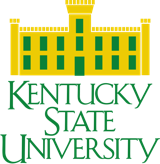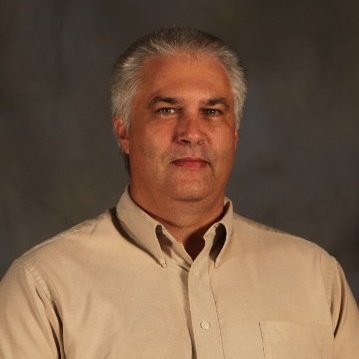Kenneth Andries, Ph.D., is the Interim Director of Graduate Programs — as well as an Associate Dean and Associate Professor — at Kentucky State University, an historically black college/university (HBCU). He assumed his current role as the university was in the midst of unifying its graduate application processes by implementing GradCASTM.
GradCAS, from Liaison, is the full-service, cloud-based Centralized Application Service (CAS™) that allows a student to apply to multiple graduate degree programs on one campus, or to multiple programs across multiple campuses, by submitting a single application for enrollment.
Although Dr. Andries doesn’t yet have the final data to support his theory, he believes GradCAS may already be making a difference in shaping Kentucky State’s applicant pool.
“Due to the size of our institution, one of the biggest issues we face is that we’re not as well known as a lot of the other major institutions,” he said. “Sometimes it’s difficult for people to find us when they’re not necessarily looking for us.
“I don’t have the numbers yet, but it appears to me that we are actually being found by more students, especially international students, as a result of being part of GradCAS. When students go in and search for a program, we will pop up if we offer that program. Before, students essentially had to search specifically for us in order to find us.”

